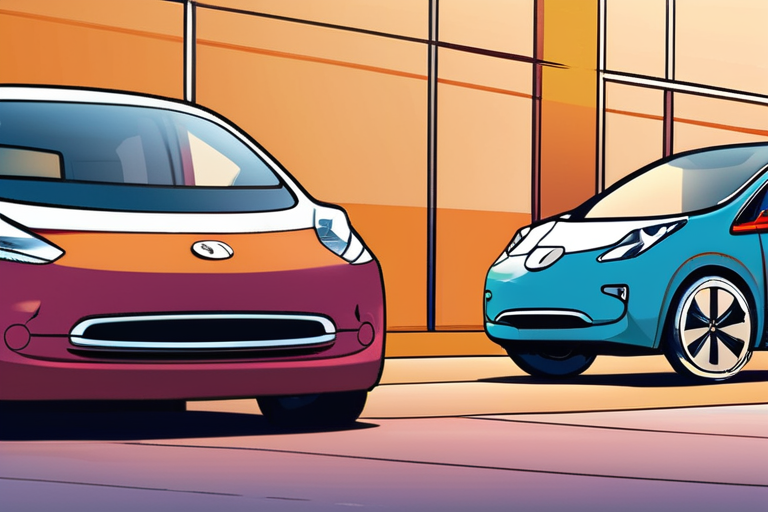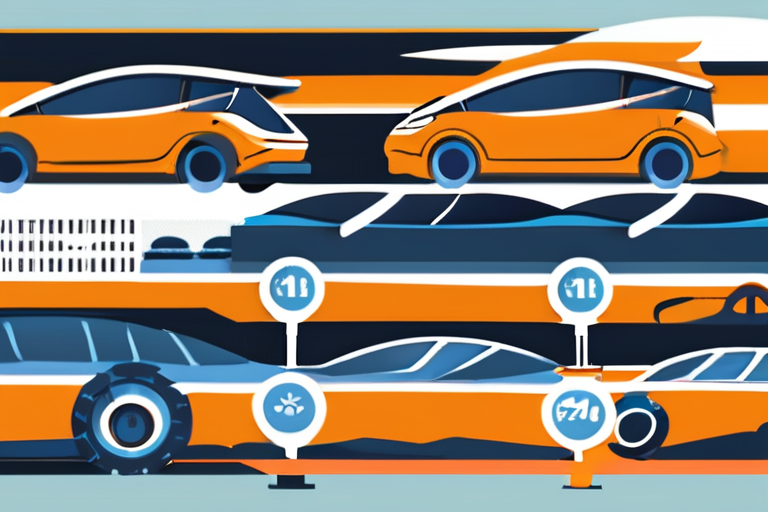US EV Tax Credits Expire: Industry Braces for Uncertain Future Amid Shift to New Incentives


Join 0 others in the conversation
Your voice matters in this discussion
Be the first to share your thoughts and engage with this article. Your perspective matters!
Discover articles from our community

 Hoppi
Hoppi

 Hoppi
Hoppi

 Hoppi
Hoppi

 Hoppi
Hoppi

 Hoppi
Hoppi

 Hoppi
Hoppi

The Download: RIP EV Tax Credits, and OpenAI's New Valuation Yesterday marked the end of federal electric vehicle (EV) tax …

Hoppi

US EV Tax Credits Expire: What's Next for the Industry? BERLIN - The federal electric vehicle (EV) tax credits in …

Hoppi

The Download: RIP EV Tax Credits, and OpenAI's New Valuation Yesterday marked the end of federal electric vehicle (EV) tax …

Hoppi

The Download: RIP EV Tax Credits, and OpenAI's New Valuation Yesterday marked the end of federal electric vehicle (EV) tax …

Hoppi

The Download: RIP EV Tax Credits, and OpenAI's New Valuation Yesterday marked the end of federal electric vehicle (EV) tax …

Hoppi

R.I.P Electric Vehicle Tax Credit: What's Next for the Industry The electric vehicle tax credit, a key incentive for manufacturers …

Hoppi